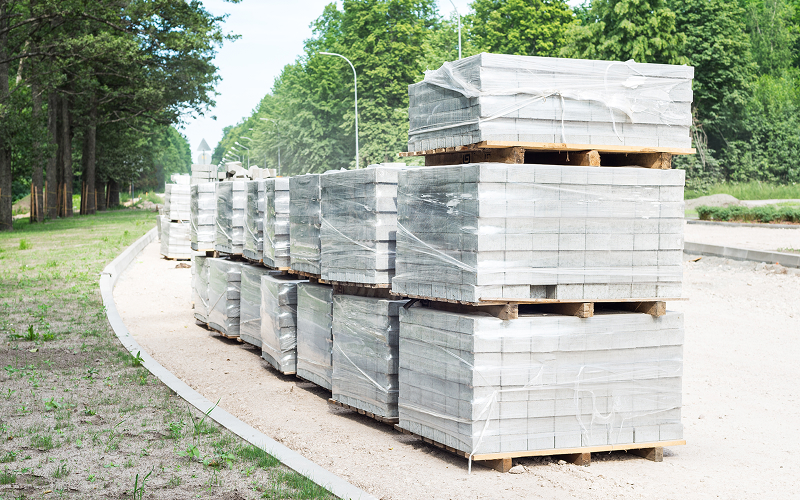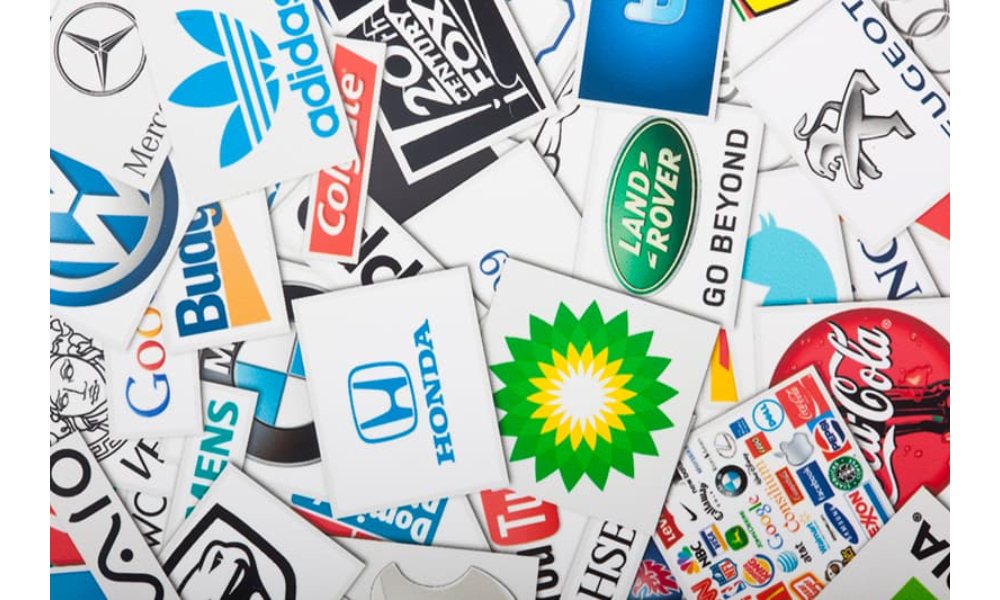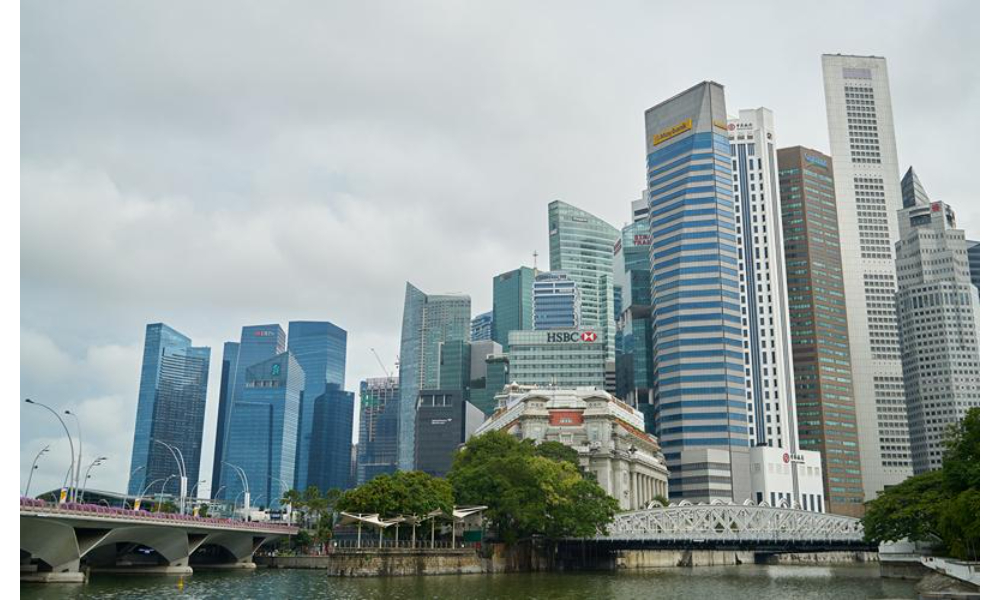Every modern structure in Singapore, from HDB flats to MRT tunnels, depends on cement. Yet many people overlook how vital this material is, or they misunderstand it altogether. To make informed choices, builders must understand cement itself and the role of a building material supplier in Singapore and trustworthy cement suppliers. Misconceptions can cost time, money, and safety, while good decisions can strengthen projects for decades. Whether you are a contractor, architect, or property owner, understanding cement better means building smarter.
Separating Fact from Fiction
One of the most common myths is the idea that cement and concrete are interchangeable terms. In truth, cement is only one ingredient in concrete, which also requires sand, gravel, and water. When people confuse the two, they risk underestimating the importance of proper mixtures. A reliable cement supplier ensures the correct type is delivered for each project.
Another myth is that more cement automatically means stronger results. Excessive cement can cause shrinkage cracks and reduce durability. Skilled engineers know that balance and not volume create lasting strength. Guidance from a building material supplier in Singapore helps clients strike this balance.
Some also believe that all cements are identical. In reality, there are different types, and each has unique benefits. The final myth is that cement lasts forever in storage. In truth, moisture absorption degrades it. Bags left open or stored in damp spaces lose strength quickly.
Choosing the Right Supplier and Cement
Finding the right cement supplier involves more than checking price lists. Builders should first evaluate reliability. Do deliveries arrive on time? A late delivery can halt progress on site, costing thousands. Reputation matters, and established building material suppliers in Singapore often maintain stronger logistics networks.
Next, assess technical expertise. A good supplier advises which cement suits specific projects. For example, coastal structures benefit from sulphate-resistant cement, while high-rise buildings may need faster-setting types. Asking suppliers questions and comparing their responses reveals who truly understands your needs.
Storage practices also matter. Even if cement arrives in perfect condition, improper site storage leads to waste. Suppliers who provide clear instructions about dry, elevated storage demonstrate professionalism. Builders should also request certificates of quality to ensure compliance with Singapore’s Building and Construction Authority standards.
Finally, maintaining relationships with suppliers can bring long-term benefits such as better credit terms and priority access to scarce materials during high-demand periods.
Five Surprising Facts About Cement
- It is ancient. Early forms date back to Roman times, when lime and volcanic ash were combined to create durable concrete structures, some still standing today.
- It keeps hydrating. Cement doesn’t “stop” curing, but hydration continues for years. Most strength develops in the first month, but subtle changes continue over time.
- White cement exists. While most people imagine grey powder, white cement is used for decorative finishes, terrazzo floors, and architectural designs.
- It is part of the sustainability goals. Some cements include recycled fly ash or slag, reducing the carbon footprint of construction. Choosing such options helps meet Singapore’s green building standards.
- Humidity affects performance. In tropical climates, cement bags left exposed can harden prematurely. That’s why professional cement suppliers stress careful site storage.
Local vs. Imported Cement
A common dilemma is whether to source cement locally or import it. Local suppliers offer faster deliveries, which is critical in Singapore’s fast-paced construction environment. Partnering with a building material supplier in Singapore ensures projects avoid costly downtime. Locally sourced cement is also produced to meet national standards, so quality control is usually straightforward.
Imported cement, however, can sometimes be cheaper, especially when purchased in bulk. For large-scale developments, this may be attractive. Yet it carries risks, such as shipping delays, fluctuating freight costs, and potential inconsistencies in quality. A seasoned cement supplier helps weigh these pros and cons, checking that imported batches meet specifications before use.
Ultimately, the choice depends on project priorities. For small to medium projects, local supply often ensures reliability and compliance. For mega-projects with long timelines, imported options may provide cost advantages if managed carefully. Builders who evaluate both sides position themselves for success.
Stronger Projects Start with Smart Decisions
Cement might seem ordinary, but the decisions surrounding it shape Singapore’s skyline. Choosing the right building material supplier in Singapore and working closely with professional cement suppliers ensures that every project is built on strong foundations. Cement is more than powder. It also represents trust, planning, and foresight. Builders who approach it wisely leave behind both structures and legacies.
Ready to build stronger and smarter? Speak and consult with Chi Han Trading today, and make your next project one that stands the test of time.
















